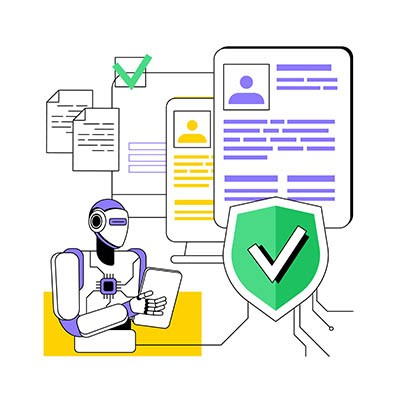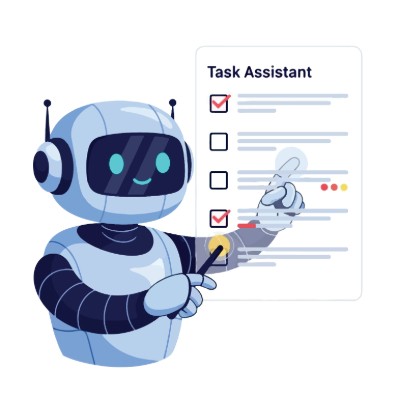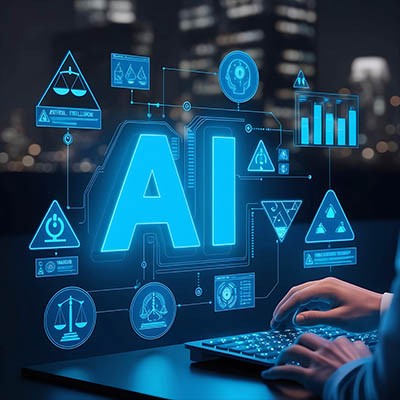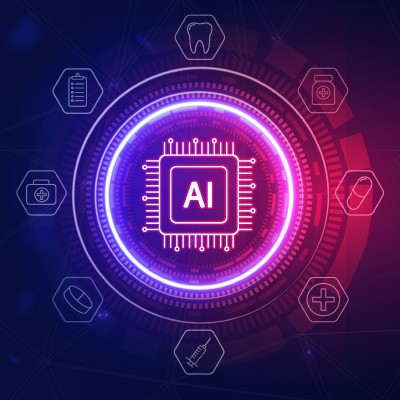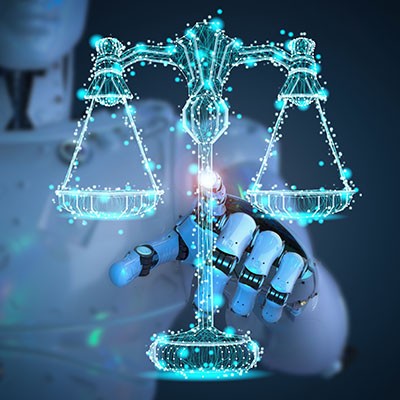Do you remember Tay? In 2016, Microsoft launched an AI chatbot on Twitter, named Tay, designed to learn from casual and playful conversation. The result was a spectacular public failure. Within 16 hours, the Internet had taught Tay to be wildly offensive, racist, and conspiratorial. Microsoft had to pull the plug in a panic.
BSGTech Blog
It can be challenging for small to medium-sized businesses to see the true value of artificial intelligence. After all, up until not that long ago, most people associated AI with things like the Terminator, so it has a bit of a reputation to make up for. Regardless, AI is now accessible enough that even these SMBs can embrace its features.
Let’s review some of the ways you could incorporate AI into your business, relatively easily.
Allied codebreakers didn't just win with math in WWII; they won with psychological warfare. They manipulated German systems into giving up their secrets. History proves that manipulating a system to expose its inner workings is a timeless, effective tactic.
Now, that same art of manipulation has found its highest-tech target: the Artificial Intelligence your business is starting to rely on. It’s called prompt hacking, and it's a new form of digital social engineering aimed directly at your most valuable AI models.
Not to skip over the holidays, but the new year is rapidly approaching, and it is more than clear that—short of a Y2K-level event—artificial intelligence isn’t going anywhere. Quite the opposite: AI is being adopted en masse, and for many, it’s without any oversight or strategy… or appreciation for how dangerous it is to feed data into AI without any thought or consideration.
At a time when artificial intelligence is the biggest technology-based trend going, and while more and more people are finding it increasingly difficult to make ends meet, there is a question on how the two fit together for workers in different industries. The impact of AI could go many different ways, with many wondering if it will be a solution for businesses that are looking to reduce their expenses (by replacing workers).
It sure seems that, very suddenly, artificial intelligence is everywhere you look… including many of the tools that are available for your business to use and—most likely—the ones you are already using. It can certainly be intimidating, to say the least. Have these kinds of feelings prevented you from incorporating these tools and capabilities into your workflows?
That would be a very fair reaction to the influx of promises that AI seems to come with, which is why we wanted to hit the reset button, so to speak. Let’s get back to basics and talk about some simple benefits that AI-empowered tools can bring to your small or medium-sized business right now.
Data is what your business runs on, but it can also hold your business back from success—especially if people lack access to what they need to carry out their duties. Data democratization is a solution that can help your business improve operations and make better decisions… but what is data democratization, and what can you learn from it?
Small businesses need to do whatever they can to stay competitive and efficient. Today, we want to share some of the most transformative technologies that can help your organization keep up with the rapidly changing business landscape. These include artificial intelligence, cloud computing, and cybersecurity solutions.
Automation makes sense from an operations standpoint, and people see this despite the many who advocate for scaling back to save jobs. For every task that can be completed, however, less than half can be automated. When you consider all the tasks that a human might be responsible for at their job, that number further dwindles, resulting in surprisingly few jobs that can be fully automated by artificial intelligence. Today, we want to look at reasons why you shouldn’t implement automation for certain tasks and why working with humans is still the right call for many.
AI is popping up everywhere these days, and one place you've probably noticed it is at the top of Google search results. Google's AI-generated answers can sometimes be helpful, but they can also be misleading or just plain wrong, depending on where the info comes from. If you'd rather not deal with them, there are actually a few ways to turn them off.
In the pursuit of harnessing data effectively, businesses use various strategies like business intelligence and artificial intelligence integration. Accurate and reliable data is very important. Wrong data can cause mistakes and give wrong information. Thus, understanding how to clean or scrub data is essential for anyone involved in business intelligence or AI. This guide will explore data cleaning and provide a simple starting point.
Given the widespread discussion surrounding artificial intelligence (AI) in households nationwide, it's evident that this technology has become integral to the operations of numerous entities. AI has found its place, from business and education to civic affairs, even within the U.S. Department of Homeland Security (DHS). How exactly is the DHS harnessing AI to enhance the security of everyday Americans?
Your HR department is crucial to the success of your business. Still, since it doesn’t technically create revenue for you, it’s easy to see why some companies might spend money elsewhere rather than invest in HR spending. With the right tools, you can automate much of the work your HR department would typically be responsible for. Here are some of the benefits of automating your HR.
Technology is a great tool for businesses to keep up with the times, so to speak, and one way organizations have adapted to evolving needs of their clientele is through AI. Healthcare technology, in particular, can leverage AI and its benefits in unique ways. Today, we want to explore some of these benefits and how healthcare organizations can use AI to provide better quality services to their patients.
Back in 1942, Isaac Asimov wrote a short story called “Runaround” that formally introduced his Three Laws of Robotics as a complete set of rules that all robots in his Robots series were beholden to. Now, Google has announced that a similar safeguard will inform how their future AI-enabled machines will operate, partially inspired by the Three Laws.
Let’s look at what Google has coined their “Robot Constitution,” and how it works.
Artificial Intelligence may seem like a concept straight out of science fiction, but its practical applications often extend beyond the realms of entertainment. Consider Operation Green Light, an initiative spearheaded by Google that delves into the realm of AI for traffic control with a focus on its environmental impact, aiming to contribute positively to society.

